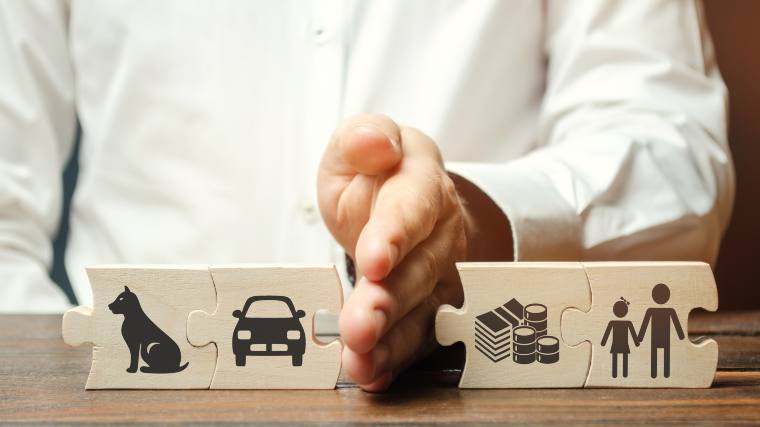

Security and privacy are important regardless of what you’re working on with your smartphone. But they’re more of a problem in the case of a banking application. When you allow the apps access to sensitive financial information including banks passwords and personal information as well as banking transactions, you’re exposed to increased security threats.
It’s not surprising that you’re not the only one in your worries. According to an Pew Research study, with regards to mobile payments, across generational groups, American users are very wary technology that is used for financial transactions. They also remain concerned regarding security. How can you go to protect your personal information while using technologies for financial transactions? Here are a few of our best guidelines:
Limit Access to Certain Data
Certain banks have developed dashboards that let customers to choose what data you would like to provide these apps. For example, you could allow the app to look up your bank account transactions, but not the details of the car loan you have.
Certain banks have dedicated dashboards for you to go into and make these adjustments for example, Bank of America, Chase, Citi, and Wells Fargo. The goal is to stop “screen scraping” that is, apps that use money have the ability to extract any data they wish out of your bank account. By only allowing access the required data it will reduce your risk and risk.
Do not use Wi-Fi in public areas.
Avoid public wifi especially when you’re using an mobile payment application like Venmo or Zelle which is recommended by Steve Weisman, founder of Scamicide. If you have to make use of public Wi-Fi it is recommended to make use of the Virtual Private Network (VPN) that will protect your transaction. So, potential criminals won’t be able access sensitive data stored on wifi networks.
How can you tell whether you’re connected to the VPN network? It’s best to check the “What’s My IP?” page. If it shows your real address, it’s a definitive indicator that you’re using VPN. VPN. However in the event that it doesn’t it’s a sign that have VPN. VPN.
Lock Your Phone
Weisman recommends that you secure your phone when you’re not making use of it. Why’s that? Let’s suppose you have money apps installed on your phone. It’s not locked. Anyone who gets your phone will be able to easily access the mobile money app.
Also, make sure to create a pattern or password that is easy to remember but hard for others to decipher. When it comes to passwords, they shouldn’t be identical. Additionally, you’ll want to create a mix of letters, symbols, and numbers.
Use Two-Factor Authentication
A two-factor security is the fancy method of saying you’ll need offer at least two different ways to prove you who is logging in. This provides another level of protection. It goes beyond simply plugging into the username or password. For example, the app may email you a password that you’ll need to enter in order to login to the application. It could also send you a text message on your mobile to confirm that you’ve tried to login on your computer.
Don’t divulge your personal information
It is not advisable to divulge your personal data with anyone, even people you trust, like your spouse, family member or a close your friend. If possible, use a fingerprint authentication instead of the PIN. To avoid your accounts on money apps stolen by hackers, do not ever divulge personal information to unknown third-party companies. This is the case for your username, password or PIN. Particularly, you should be cautious when you receive messages via text, email or phone message asking for this kind of information, says Weisman. The majority of legitimate companies won’t call you to request sensitive information.
Be sure to respond to these kinds of inquiries only when you’re certain that the request was legitimate. And what are the odds of being authentic? They’re not very likely. How do you verify this? Call your bank or any other business by calling them on a number you can trust to be legitimate. Check their website or search it for the information.
The best part? If your account is tied to the credit card. If that’s the situation the bank will reimburse the amount stolen according to Weisman. If it’s linked to the bank account it should be possible to have the money returned. However, you’ll need inform the bank right away.
Be aware of your protections
Prior to signing up with the money mobile app or financial app, learn about the fraud protection guidelines as outlined by Weisman. For example the fine print on the majority of P2P services spells it clearly, so in event that you use the app to conduct transactions to purchase something, but it is later discovered to be a fraud, you may have only a limited security. “That’s the reason these services are not recommended to conduct commercial transactions, but only for small amounts of money to those who you trust,” says Weisman.
In a time when data is regarded as gold so you’ll need to take every precaution to safeguard your personal information as well as sensitive data when you use different applications for money. If you’re vigilant and take some precautionary measures in order to keep your personal data and information secure.
If you’re interested in getting an understanding of all the financial tech that is available, read our various pieces on the topic. If you’re in search of personal, one-on-one assistance Our team of certified financial counselors is ready to assist.






